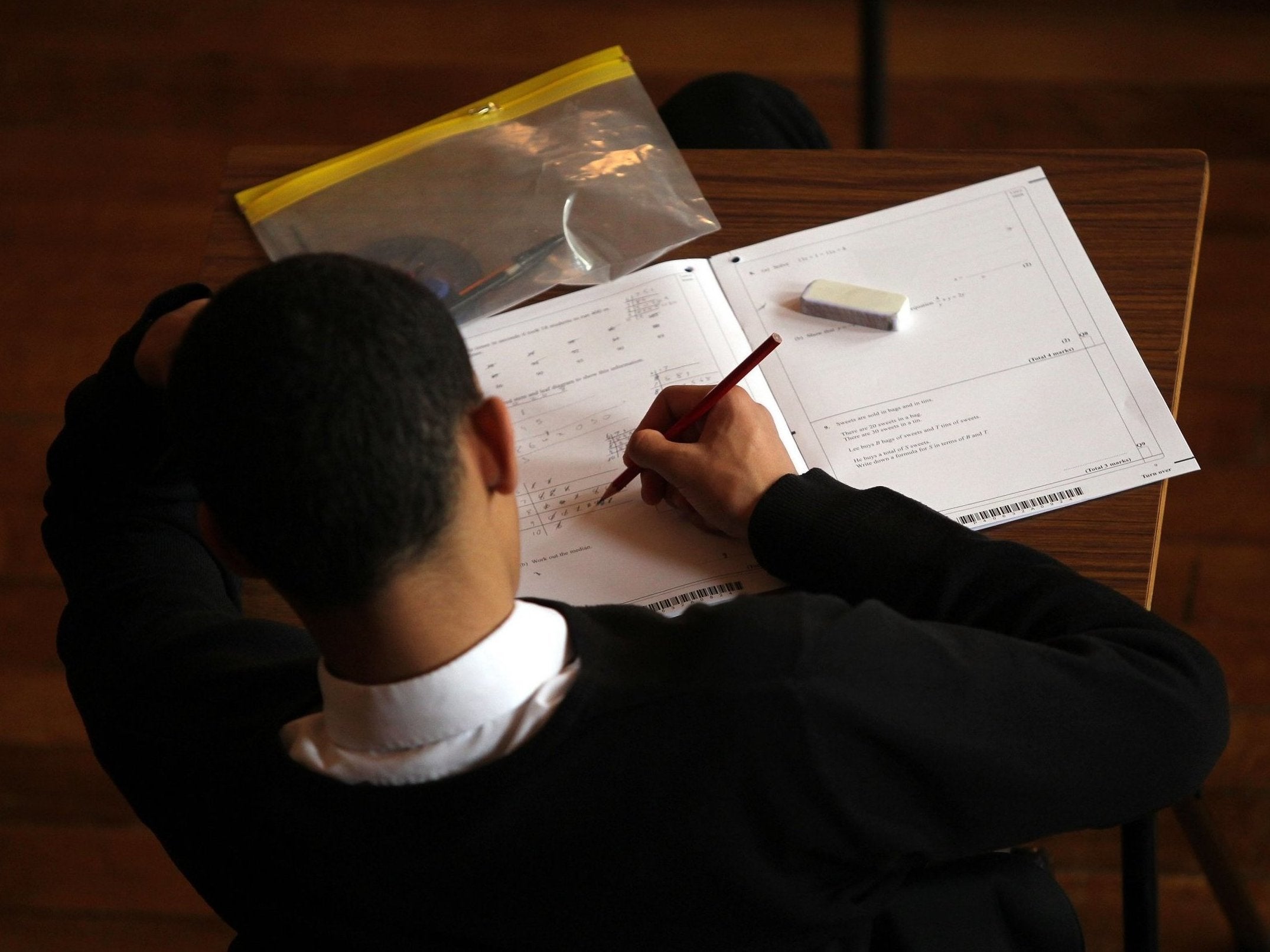Britain’s dwindling language skills are a disaster for the country and needs action, MPs warn
‘We need language skills to become the norm – not the exception’

Your support helps us to tell the story
From reproductive rights to climate change to Big Tech, The Independent is on the ground when the story is developing. Whether it's investigating the financials of Elon Musk's pro-Trump PAC or producing our latest documentary, 'The A Word', which shines a light on the American women fighting for reproductive rights, we know how important it is to parse out the facts from the messaging.
At such a critical moment in US history, we need reporters on the ground. Your donation allows us to keep sending journalists to speak to both sides of the story.
The Independent is trusted by Americans across the entire political spectrum. And unlike many other quality news outlets, we choose not to lock Americans out of our reporting and analysis with paywalls. We believe quality journalism should be available to everyone, paid for by those who can afford it.
Your support makes all the difference.Britain’s dwindling language skills are a “disaster” for the country and they need to be recovered through urgent government action, a group of MPs and peers warn.
The All-Party Parliamentary Group (APPG) on Modern Languages has set out its National Recovery Programme to revolutionise language skills across the country.
The report argues that languages are not just an issue for schools and it says the government, businesses and higher education institutions must also play a part.
Colleges and universities should protect and expand their language courses to stop degree courses from closing, the MPs and peers say.
It comes amid a continuing decline in the proportion of students taking languages at GCSE and a fall in the number of university undergraduate applications for modern foreign languages.
Baroness Coussins, co-chair of the APPG on Modern Languages, said: “The decline in language skills in the UK is disastrous.
“The reason we have published this framework is that languages have an important role across policy areas and in society, but tend to be thought of as an issue just for schools.
“As a country looking to redefine its role on the international stage and be a leader in trade and diplomacy, we need language skills to become the norm, not the exception.”
She added: “We call on the government to provide the strategic leadership, and on stakeholders to act to revolutionise language skills in the UK.”
Last week, the BBC revealed that foreign language learning is at its lowest level in UK secondary schools since the turn of the millennium, with German and French falling the most.
The analysis showed drops of between 30 and 50 per cent since 2013 in the numbers taking GCSE language courses in the worst affected areas in England.
Vicky Gough, schools adviser at the British Council, said: “If we don’t reverse recent trends we will be locked into a downward spiral of fewer pupils studying languages at GCSE, tiny and unsustainable numbers at A-level, the continuing closure of university departments, and fewer teachers.
“It is important for the future of the UK that we have more young people with language skills who are better equipped to work in a global economy and live in a global society.”
Nick Gibb, school standards minister, said: “Ensuring more young people learn a foreign language helps to broaden their horizons and ambitions as well as ensuring this country remains an outward-looking global nation.
“Since 2010 the proportion of children taking a language at GCSE has risen from 40 per cent to 46 per cent in 2018 – and we are determined to see this rise further.
“We are taking a range of measures to do this, such as creating a new network of schools that excel in the teaching of languages to share their expertise and best practice with others and setting up a new mentoring project to encourage pupils’ interest in languages.
“Our £10m Mandarin Excellence Programme is aiming to put at least 5,000 young people on track to fluency in Mandarin by 2020. We also want to continue bringing in great languages teachers and are offering generous financial incentives worth up to £28,000.”
Join our commenting forum
Join thought-provoking conversations, follow other Independent readers and see their replies
Comments